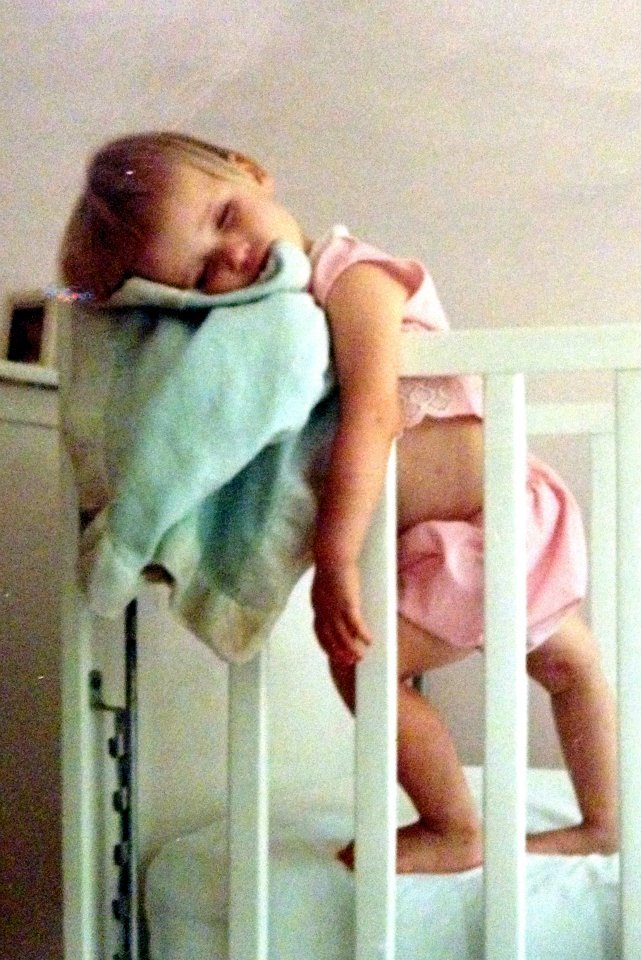Where Have We Gone?
Where Have We Gone?
“I bet if we ran into the sixth grade version of ourselves, they’d give us wet willies and put bubble gum in our hair for even thinking about doing this.” ~Longfellow Deeds (Adam Sandler, Mr. Deeds)
The person we dreamed we would be when we were little kids often doesn’t match who we’ve become. Did you want to be Spiderman or Superman and rescue people? Did you want to be a teacher because you liked your own teacher and thought you’d grow up to be just like she or he was? Did you dream of becoming a veterinarian so you could help sick animals? What did you become? In the movie Mr. Deeds, greed and ego overpowered those sixth grade visions of wealthy stockholders, requiring a ‘look at yourselves’ kind of speech. Maybe we, too, need to think about what our sixth grade selves would say if they could see us today.
When I was in the sixth grade, I think I was the ‘chinning’ champ–at least I have a blue ribbon that declares it is so. I’m not doing much chinning today, nor am I reading as much as I’d like–another treasure of sixth grade Susan. My core, though, hasn’t changed much: Righting the world’s wrongs and caring for other people were important to the sixth grade version of myself, and they are still a big part of the person I am today, though there have been times I’ve let things matter more than sixth grade Susan would have liked. What about you? What would sixth grade you think if they met you today? In Mr. Deeds, we see adults who have gone from dreams of doing good things to realities of greed and self-centeredness. It might be just a movie, but you and I are living similar realities that often don’t match the people we thought we would become.
Not everyone grows up to be a super hero, a policeman, a fireman, a doctor, or Santa Claus (some of the popular answers kids have given), but everyone is able to end up being a person who helps others, who cares for others, and who spends time volunteering in one way or another to accomplish the good that they believed their dream profession could do. Somewhere between our sixth grade selves and the adults we’ve become, selfishness, righteousness, and greed came into play. Should it matter to us? Does it matter to you?
“What’s in it for me?” It’s a popular question that people either speak or think when asked to help or to make a donation to a ‘worthy’ cause. Sixth grade you wouldn’t have said, “If it isn’t tax deductible, I’m not donating.” That’s probably why there are children forgoing birthday parties giving ‘gifts’ to flood victims. Sixth grade you didn’t know to look for volunteer opportunities where service would receive recognition, yet many adults choose to help only if they see a benefit to themselves. Sixth grade you might not have understood the science behind helping others, but adult you certainly can.
Zig Ziglar said, “You will get all you want in life if you help enough other people get what they want.” If I could go to all of the sixth graders in the world long ago and today, that is what I would want them to grasp. Sixth graders might not be able to know what all they want to get in life, but it seems that they have a pretty good idea of how they want to feel in life. Helping other people helps someone else and helps us. Maybe we won’t stop working for more things and more money, but just maybe the good feelings that come from helping someone else with a small task, a large project, or a listening ear will satisfy the dreams of that sixth grader who still lives within each of us.



